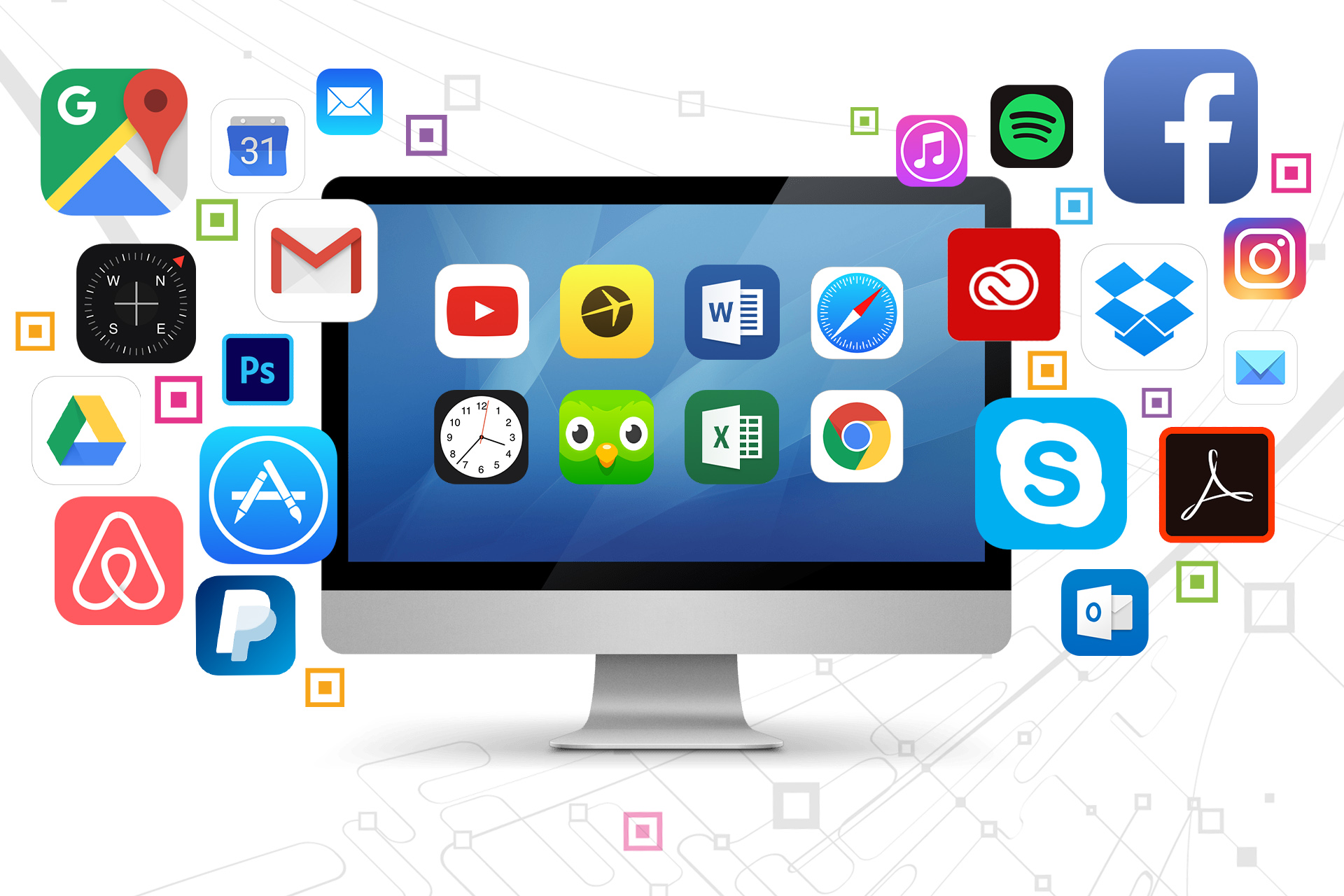Application software is a type of computer program designed to perform specific tasks for users. Unlike system software, which manages hardware and basic system operations, application software helps users accomplish tasks such as word processing, web browsing, gaming, or data management. This guide will explore the different types of application software, their importance, and examples.
Types of Application Software
- Productivity Software
This includes programs that assist users in performing daily tasks efficiently, such as:- Microsoft Office (Word, Excel, PowerPoint)
- Google Docs
- Evernote
- Multimedia Software
These applications help users create, edit, and manage multimedia content, such as:- Adobe Photoshop (image editing)
- VLC Media Player (video playback)
- Audacity (audio editing)
- Web Browsers
Web browsers allow users to access and navigate the internet. Common examples include:- Google Chrome
- Mozilla Firefox
- Microsoft Edge
- Communication Software
These programs enable interaction between users through messages, calls, and video conferencing, such as:- Zoom
- Skype
- Business Software
These applications help manage business operations, such as:- QuickBooks (accounting)
- Salesforce (customer relationship management)
- Trello (project management)
- Education and E-Learning Software
These programs assist in learning and skill development, such as:- Duolingo (language learning)
- Khan Academy (educational courses)
- Google Classroom (virtual classroom management)
- Entertainment and Gaming Software
These applications provide leisure and entertainment, such as:- Spotify (music streaming)
- Netflix (video streaming)
- Fortnite (gaming)
Importance of Application Software
- Enhances Productivity: Allows users to complete tasks quickly and efficiently.
- Improves Communication: Enables seamless interaction through emails, messaging, and video conferencing.
- Entertainment and Leisure: Offers access to games, music, and movies for relaxation.
- Educational Benefits: Facilitates learning through interactive programs and online courses.
- Business Efficiency: Helps in managing financial transactions, marketing, and customer relations.
Conclusion
Application software plays a crucial role in our daily lives by enabling us to complete tasks efficiently, communicate effectively, and entertain ourselves. With advancements in technology, new and improved application software continues to emerge, making our personal and professional lives more streamlined and productive.
FAQs
1. What is the difference between system software and application software?
System software manages the hardware and system functions, whereas application software is designed for specific user tasks.
2. Can application software run without system software?
No, application software requires system software (such as an operating system) to function properly.
3. What are some common examples of application software?
Examples include Microsoft Word, Google Chrome, Zoom, and Adobe Photoshop.
4. Is application software free?
Some application software is free (e.g., Google Docs), while others require purchase or subscription (e.g., Adobe Photoshop).
5. How do I install application software?
You can install application software via download from official websites, app stores, or installation CDs.




